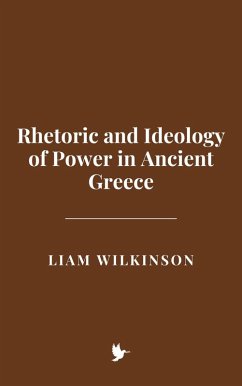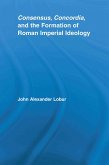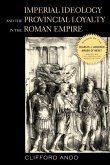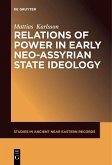Rhetoric in ancient Greece, especially in the context of imperial expansion and warfare, also evolved to serve the needs of political leaders seeking to consolidate power. The rhetoric of kingship in the Hellenistic period, exemplified by figures like Alexander the Great, shifted from democratic participation to the projection of divine legitimacy. Alexander and his successors used rhetoric to legitimize their rule, frame military conquests as divinely ordained, and unite diverse peoples under a common imperial identity.
The transition from Athenian democracy to the monarchy of the Hellenistic kings reflected a significant shift in the political ideology of the Greek world, as rhetoric became more closely associated with imperial governance and the centralization of power. The rhetorical techniques developed in Athens influenced later empires, including Rome, where oratory was used to justify imperial rule and consolidate political authority. The legacy of Greek political thought and rhetorical practice thus not only shaped the governance of Greece but also laid the foundation for the political ideologies of later empires, highlighting the enduring role of rhetoric in the construction and maintenance of political power.
Dieser Download kann aus rechtlichen Gründen nur mit Rechnungsadresse in A, B, CY, CZ, D, DK, EW, E, FIN, F, GR, H, IRL, I, LT, L, LR, M, NL, PL, P, R, S, SLO, SK ausgeliefert werden.









